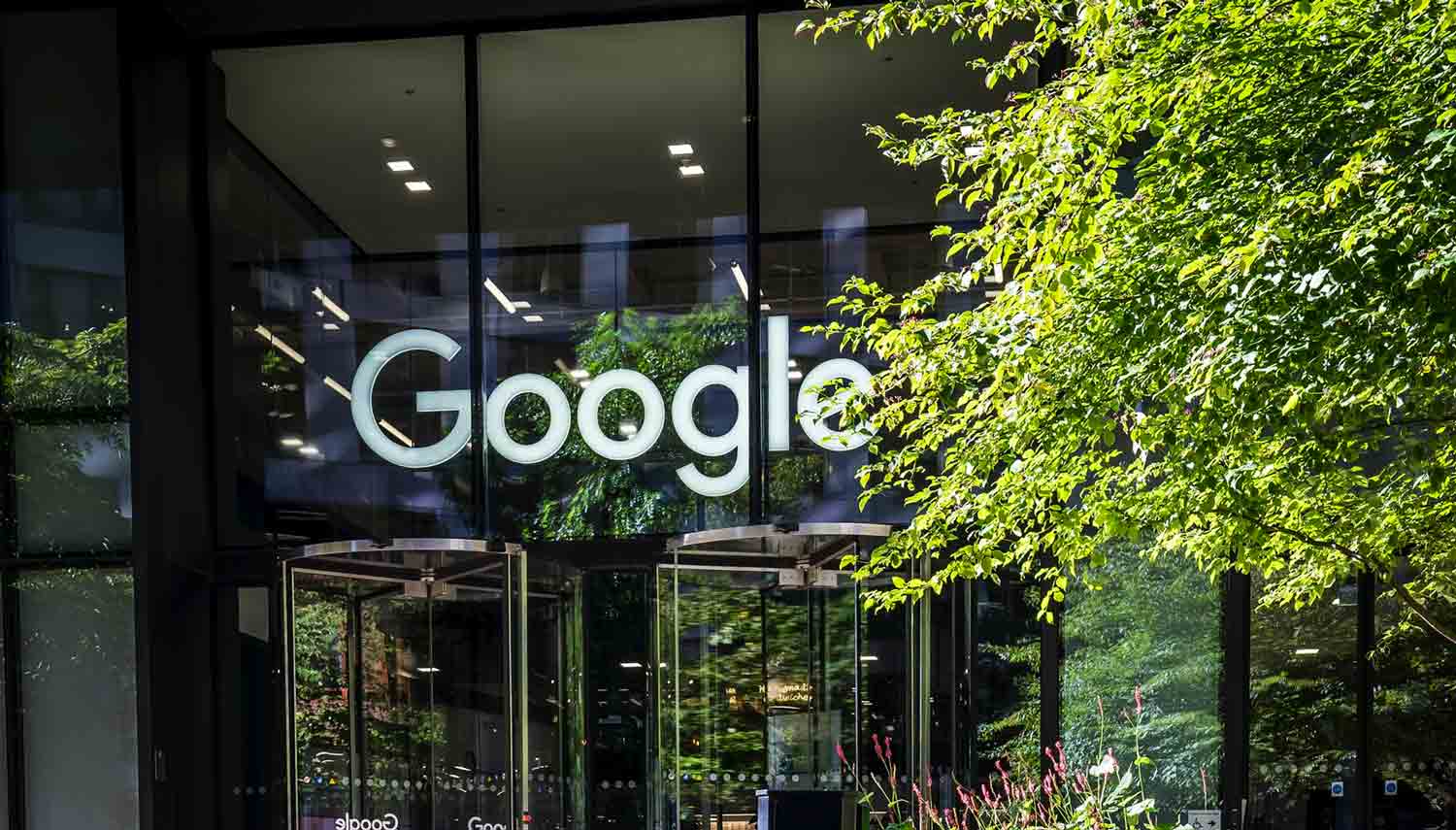

The idea of artificial intelligence (AI) has long been a part of science fiction. And as technology continues to advance, AI has become even more prominent in the genre. It has been used to explore various themes, from the dangers of unchecked technology to the possibilities of a perfect future. AI has also played a role in creating interesting stories and characters, while examining the implications of a world where machines can think and act on their own. As AI technology evolves, it merges with science fiction to create exciting new opportunities for storytelling.
AI has been present in science fiction from its very beginning. Early works like Mary Shelley’s Frankenstein and Karel Čapek’s R.U.R. depicted the dangers of creating intelligent machines. Later works such as Isaac Asimov’s I, Robot and Arthur C. Clarke’s 2001: A Space Odyssey explored the potential for a harmonious future where humans and machines could coexist. Memorable characters like HAL 9000 in 2001: A Space Odyssey and the Cylons in Battlestar Galactica were brought to life through AI.
With advances in AI technology, it has become increasingly intertwined with science fiction. AI is now used to create more complex and nuanced stories and characters. AI-driven narratives can delve into the implications of a world where machines can think and act independently. They can even be entirely generated by AI. These stories can also explore the potential for a future where machines and humans live together peacefully or a world where machines hold sway.
AI is also revolutionizing the creation of immersive and interactive experiences. AI-powered virtual reality (VR) and augmented reality (AR) are gaining popularity, enabling more engaging and immersive storytelling. These AI-driven VR and AR experiences can also explore the possibilities of meaningful interaction between machines and humans.
Another area where AI is making advancements is in the creation of realistic and believable characters. AI-driven characters can be programmed to behave more realistically and even learn and evolve over time. These characters also offer a window into the implications of a world where machines can think and act independently or where machines are in control.
AI is paving the way for more intricate and captivating stories. AI-driven narratives delve into the implications of a world where machines can think and act independently or even where machines are in control. They can also explore the potential for a future where humans and machines coexist peacefully. As a result, AI is opening up new opportunities for storytellers and ushering in a new era of science fiction.
Related Posts




